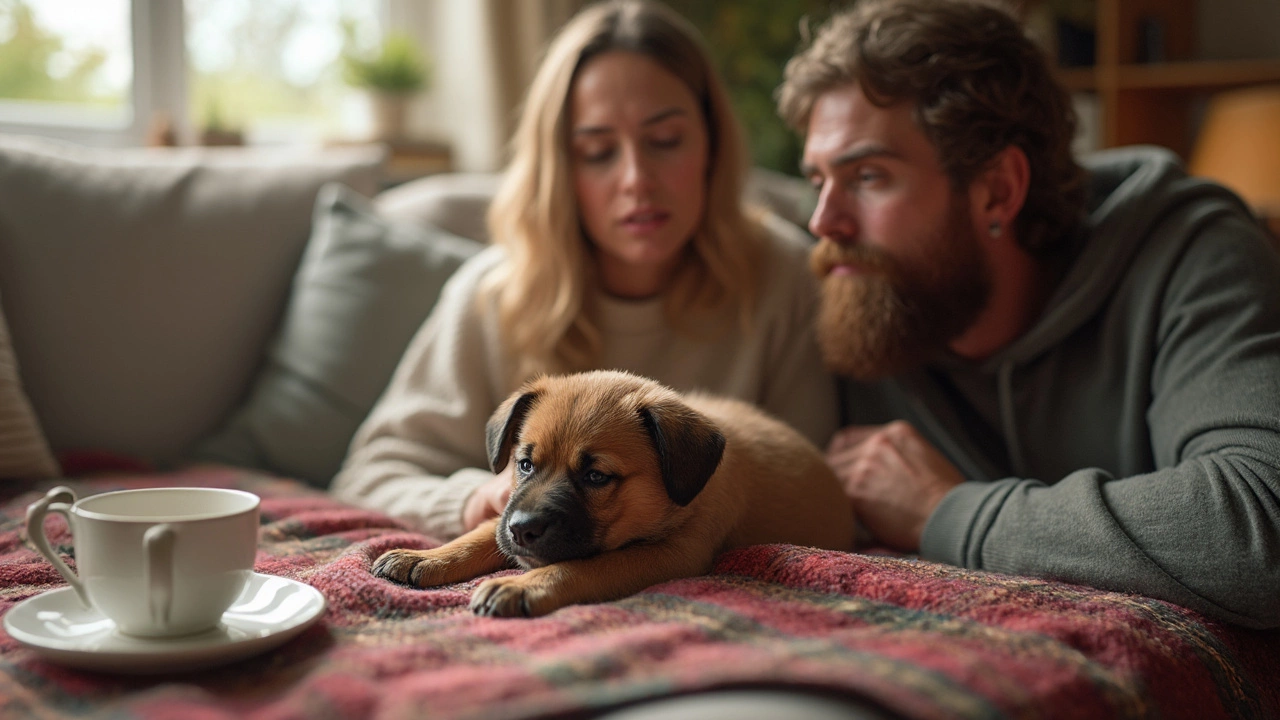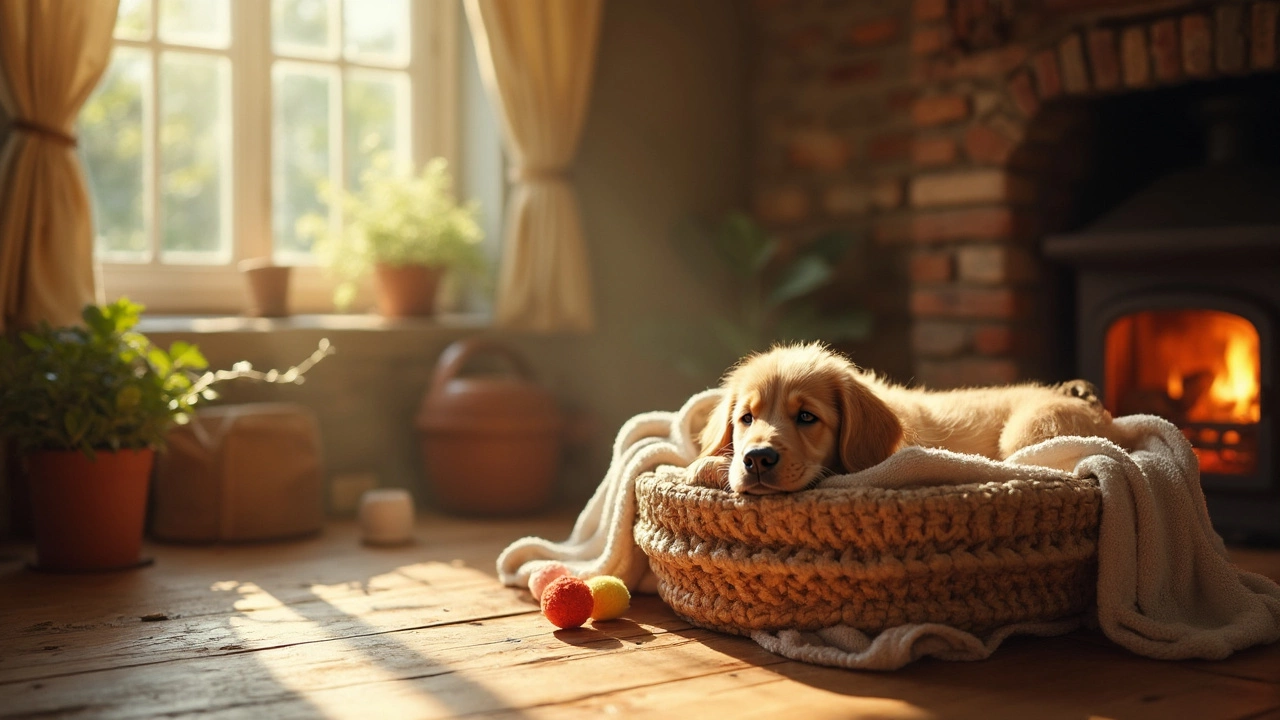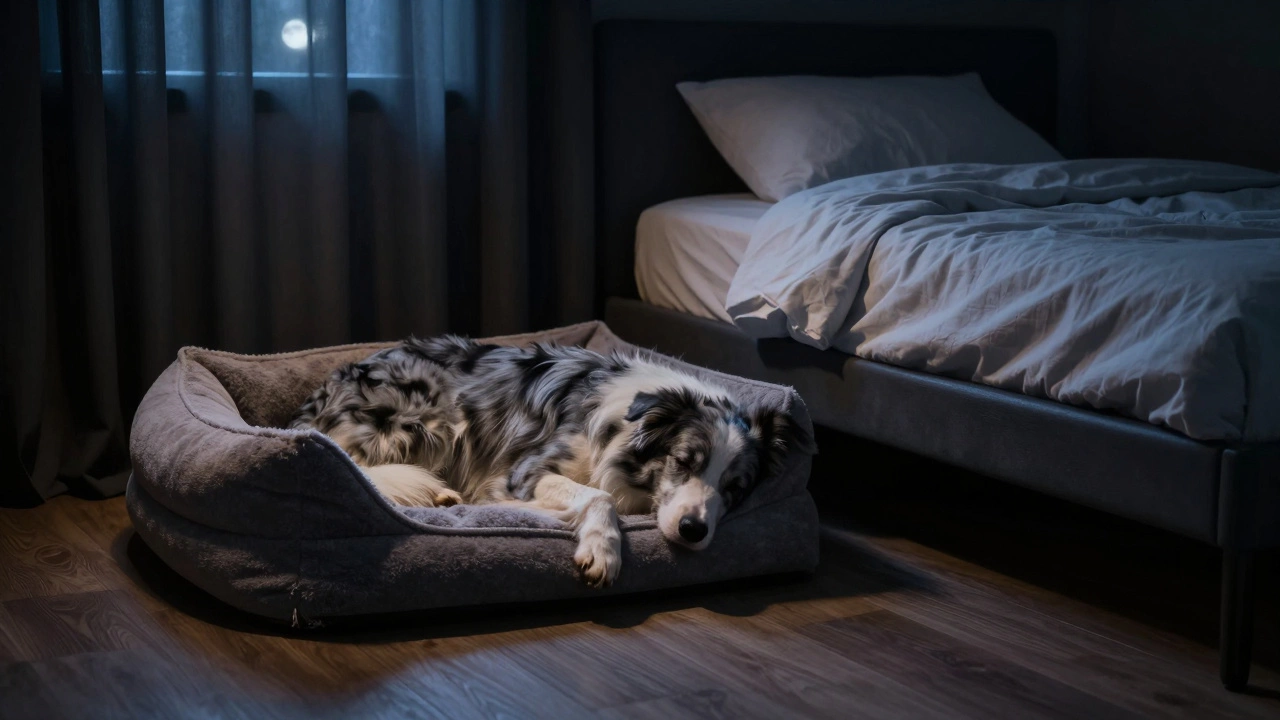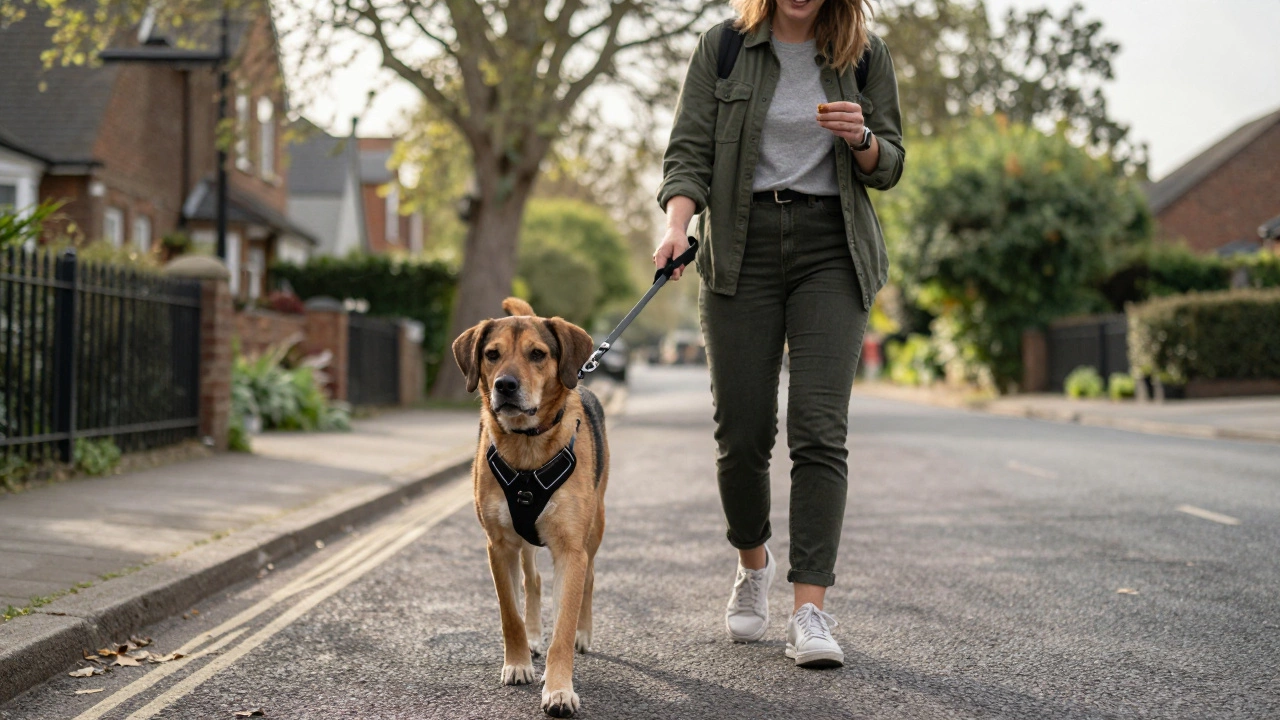Puppy Health Tips: Simple Steps for a Strong, Happy Pup
Got a new puppy and want to give it the best start? Keeping a puppy healthy isn’t rocket science, but it does need a few daily habits. Below you’ll find easy‑to‑follow advice on feeding, sleep, vet visits, and training that fits into a busy life.
Nutrition and Feeding Basics
First things first: food. Choose a high‑quality puppy formula that lists real meat as the first ingredient. Kids’ dry food or cheap kibble can leave gaps in protein, which puppies need for fast growth. Feed the recommended amount for your pup’s weight, but watch the bowl—if they finish quickly and look hungry, add a little more. Split the daily portion into three to four meals until the puppy is about six months old. This keeps blood sugar steady and reduces the chance of a grow‑out‑of‑control tummy.
Don’t forget fresh water. Change it at least twice a day and keep the bowl clean. A few puppy‑friendly treats are fine for training, but treat them as bonuses, not a meal replacement. And avoid human foods like chocolate, grapes, or onions—those can be toxic.
Vaccinations, Parasites, and Vet Visits
Vaccines protect against the big killers: parvo, distemper, and rabies. Most vets follow a 6‑8‑12‑16‑20‑week schedule, then a booster at one year. Mark the dates on your calendar; missing a shot can leave your pup vulnerable. Ask the vet about a dewormer at each visit—worms are common in young dogs and can stunt growth.
Fleas and ticks are another headache. A monthly spot‑on treatment or a chew works well for most breeds. Check the coat daily, especially after walks in tall grass. If you spot a tick, remove it with tweezers—grab close to the skin, pull straight out, and clean the area.
Regular check‑ups aren’t just for shots. A quick weight check, dental exam, and heart rate review catch small issues before they become big problems. Most vets will give you a growth chart; compare it to your puppy’s measurements to see if they’re on track.
Exercise, Sleep, and Early Training
Even a tiny puppy needs gentle exercise. Short play sessions of five‑to‑ten minutes a few times a day keep energy balanced without over‑exertion. Avoid long runs or rough games until the bones and joints are fully formed, usually after the first year.
Sleep is where the real growth happens. Puppies need 14‑18 hours of rest daily. A cozy crate or puppy‑size bed in a quiet corner works best. If your puppy whines at night, check if they need a bathroom break, a quick cuddle, or a toy to soothe them.
Training can start right away. Teach “sit” and “come” using treats and praise. Keep sessions under five minutes so the pup stays focused. Socialise early by inviting calm, vaccinated dogs over or taking short, leashed walks in busy areas. Positive experiences now build confidence later.
Finally, listen to your gut. If your puppy seems lethargic, refuses food, or has frequent diarrhea, call the vet right away. Early action can prevent serious illness.
By sticking to these basics—good food, timely vaccines, regular vet checks, proper sleep, and gentle training—you’ll set your puppy up for a healthy, happy life. Enjoy the puppy stage; it passes quickly, but the habits you build now last a lifetime.
Wet Puppy Syndrome: What Every Caregiver Needs to Know
Wet puppy syndrome makes many puppy owners worry at first sight. Puppies with this condition often look limp and have fur that feels thin and damp, not plush and fluffy. The syndrome isn’t a normal part of puppyhood—it’s an actual medical issue that needs attention. Find out what causes it, the signs to watch for, and the steps you can take to help your puppy recover and thrive. These tips will help you spot problems early and keep your puppy on the path to good health.
Why You Should Never Wake a Sleeping Puppy
Ensuring a puppy gets enough sleep is crucial for their overall well-being and development. Interrupting their rest can lead to stress, hindered growth, and behavioral issues. Puppies need more sleep than adult dogs as it helps in their physical and mental growth. Learning the right ways to manage their sleep will ensure a happy and healthy pup.







